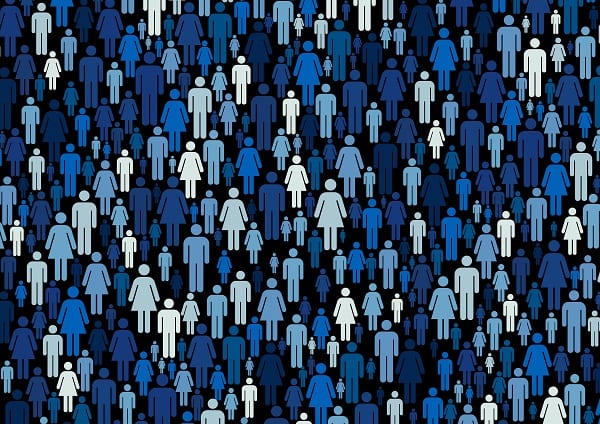 We live in a world where many of us have diametrically opposing actions and concerns. We spend much of our time sharing our lives and interests in very public social media forums. However, there is a growing concern about how easily our personal information can be accessed without our consent.
We live in a world where many of us have diametrically opposing actions and concerns. We spend much of our time sharing our lives and interests in very public social media forums. However, there is a growing concern about how easily our personal information can be accessed without our consent.
Maybe the operative word here is consent.
According to a new study, many social media users would be willing to link their social media accounts to their medical records. Facebook and Twitter have more than a billion users worldwide. Our habits on social media can provide clues into the attitudes and activities that affect our health.
The study results, published in the medical journal BMJ Quality and Safety, noted that of the approximately 5,000 users that participated in the study, 71 percent were okay with doctors accessing their social media accounts. Most of these patients were younger, privately insured, and heavily involved in daily social media use. Researchers found that about 7.5 percent of their Facebook posts were related to the context of health.
What could this mean for medical professionals and social media users around the world?
The senior author of the study, Dr. Raina Merchant from Penn Medicine Social Media and Health Innovation Lab, believes the ability for doctors to access their patients’ social media accounts could help them determine how patients manage medical conditions, what factors may be linked to disease complication or progression, and could provide clues on how diseases begin. This is due to the fact that people on Facebook and Twitter willingly provide information of all kinds in the form of check-ins, photos, posts, and article sharing. All of these actions could potentially give doctors and other medical professionals valuable insight into who the patient is and how they live.
Obviously, this brings up a variety of privacy issues and logistical details that would need to be worked out before doctors could be given access to patient social media accounts. But in some medical situations, social media access could be a very helpful way to access a patient’s medical history and give doctors clues on how to help them.
Social media content could also inform doctors about medications, allergies, or other health problems that could change how they treat a patient in an emergency situation, which could ultimately be a life-saving tactic.
Most patients are using technology throughout their daily lives. Doctors accessing social media information could be a very effective way to support patient health by figuring out how they think, what they are doing, and how doctors can better serve their needs.
